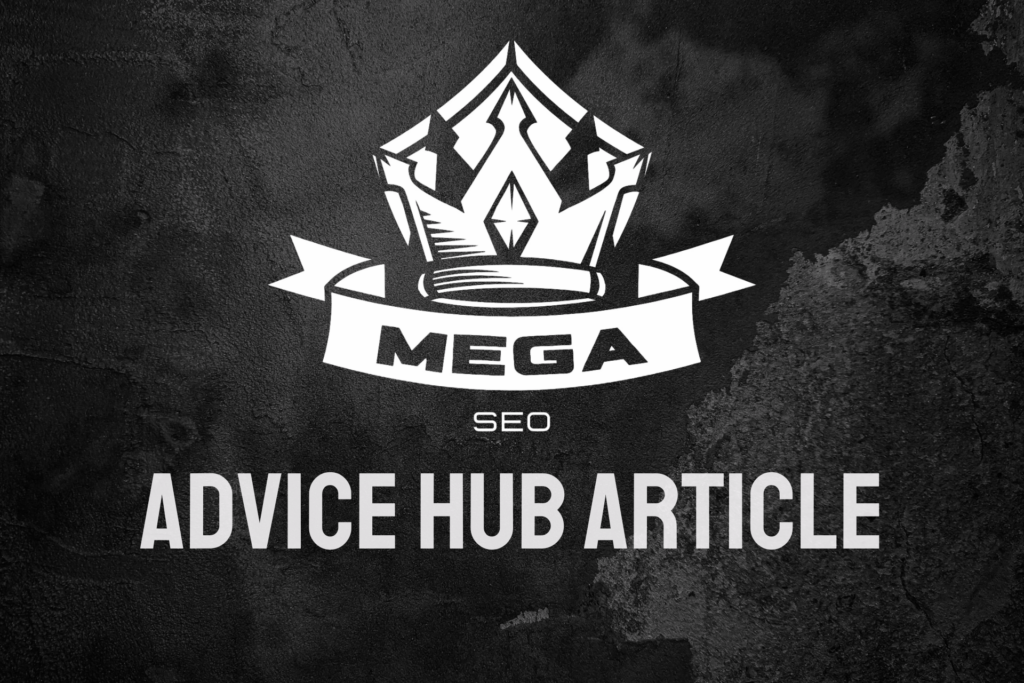Topic clustering represents a powerful content organisation strategy that helps search engines understand your website’s structure and expertise in specific subject areas. By grouping related content together through strategic internal linking, topic clusters improve your site’s authority, user experience, and search engine rankings.
What Is Topic Clustering in SEO?
Topic clustering involves creating a central pillar page that broadly covers a main topic, with multiple related content pieces (cluster content) linking back to it. This structure helps search engines understand the relationships between your content while providing comprehensive coverage of subject matters that interest your audience.
How Does Topic Clustering Benefit Your SEO Strategy?
The implementation of topic clusters offers numerous advantages for your website’s search performance and user engagement. Understanding these benefits helps you make informed decisions about your content strategy:
What Makes Topic Clusters Effective for Search Visibility?
Topic clusters strengthen your website’s authority by demonstrating comprehensive knowledge of specific subjects. When implementing on-page SEO strategies, this structured approach helps search engines recognise your expertise in particular areas, potentially leading to higher rankings for related queries.
- Enhanced Topical Authority: By creating comprehensive coverage of specific topics, your website establishes itself as an authoritative source in your industry. This depth of content signals expertise to search engines, potentially improving rankings across related keywords.
- Improved Internal Linking: The cluster structure naturally creates meaningful internal links between related content pieces, helping distribute link equity and guide users through your content.
- Better User Experience: Visitors can easily navigate between related topics, finding comprehensive information about subjects that interest them. This improved navigation often leads to longer session times and reduced bounce rates.
How Do Topic Clusters Support Content Planning?
Strategic content planning becomes more straightforward with topic clusters, allowing you to:
- Identify Content Gaps: The cluster structure makes it easier to spot areas where additional content could provide value to your audience. Regular content audits help maintain comprehensive coverage of your chosen topics.
- Maintain Content Focus: With clear topic boundaries, your content team can create pieces that align with your overall strategy while avoiding redundant or off-topic content.
- Scale Content Production: The structured approach makes it easier to delegate content creation while maintaining consistency and relevance across your website.
What Steps Should You Take to Implement Topic Clusters?
Creating effective topic clusters requires careful planning and execution. Here’s a structured approach to implementation:
How Should You Choose Your Pillar Topics?
Selecting the right pillar topics forms the foundation of your cluster strategy. Consider these factors:
- Relevance to Your Business: Choose topics that align with your products, services, and expertise. This alignment helps establish authority in areas that matter to your business goals.
- Search Volume and Competition: Research keywords and topics to identify opportunities where you can provide value while competing effectively in search results.
- Content Potential: Ensure your chosen topics have enough depth to support multiple cluster content pieces without becoming repetitive or thin.
What Makes Effective Cluster Content?
Creating valuable cluster content requires attention to several key elements:
- Specific Focus: Each cluster piece should address a specific aspect of the main topic in detail, providing genuine value to readers seeking information on that particular subject.
- Strategic Internal Linking: Implement clear linking structures between cluster content and pillar pages. This approach supports both user navigation and search engine understanding of your content relationships.
- Quality Standards: Maintain high content quality across all cluster pieces, ensuring each article provides comprehensive coverage of its specific subtopic.
How Can You Measure Topic Cluster Success?
Monitoring the performance of your topic clusters helps refine your strategy and demonstrate ROI. Key metrics to track include:
- Organic Traffic Growth: Monitor increases in organic traffic to both pillar pages and cluster content. Look for patterns in how traffic flows between related pieces.
- Keyword Rankings: Track improvements in search positions for both broad topic keywords and long-tail variations covered in cluster content.
- User Engagement Metrics: Analyse time on page, bounce rates, and navigation patterns between clustered content to understand how users interact with your information architecture.
Implementing technical SEO best practices alongside your topic clusters can further enhance their effectiveness, ensuring search engines can easily crawl and understand your content structure.
How Does Topic Clustering Support Local SEO?
For businesses targeting specific geographical areas, topic clusters can significantly enhance local SEO efforts by creating location-specific content clusters that address regional needs and search patterns.
What Role Does Off-Page SEO Play in Topic Clustering?
While topic clusters primarily focus on content organisation, supporting them with strong off-page SEO strategies can amplify their effectiveness and help build authority in your chosen topic areas.
Transform Your Content Strategy with Expert SEO Support
Implementing effective topic clusters requires strategic planning, consistent execution, and ongoing optimization. Our SEO team based in Wigan specialises in creating comprehensive content strategies that drive sustainable organic growth through well-structured topic clusters.
Ready to enhance your website’s content organisation and improve your search visibility? Contact us to discuss how our expert team can help you implement an effective topic clustering strategy that drives results for your business.




